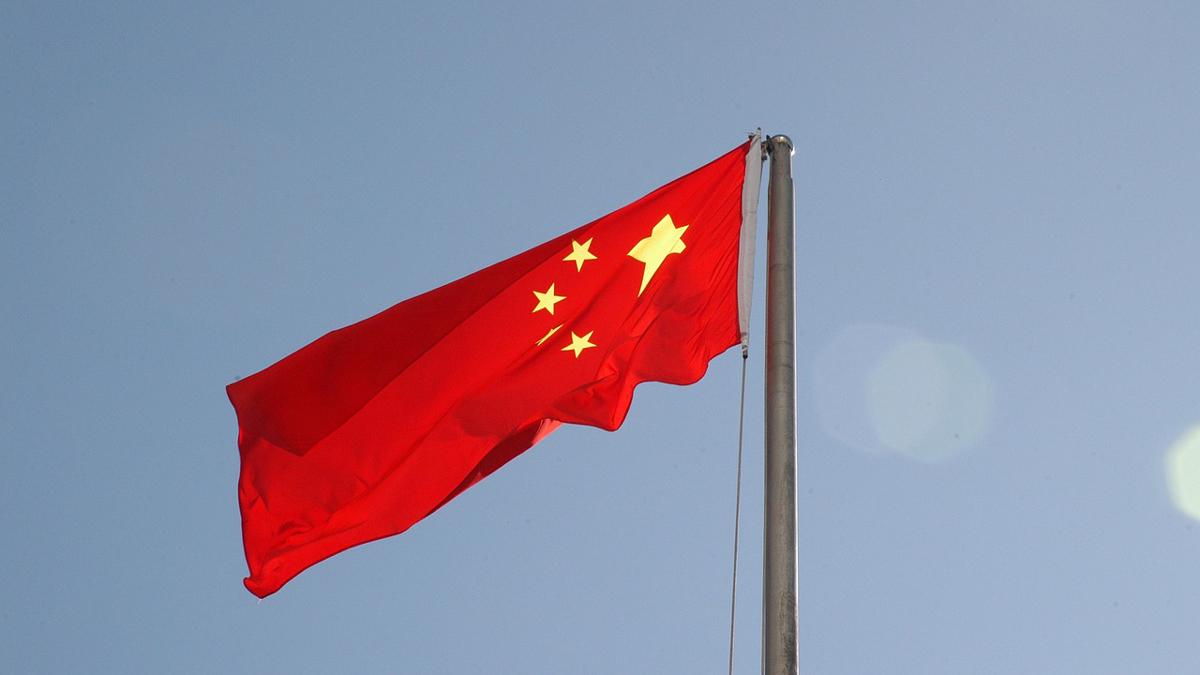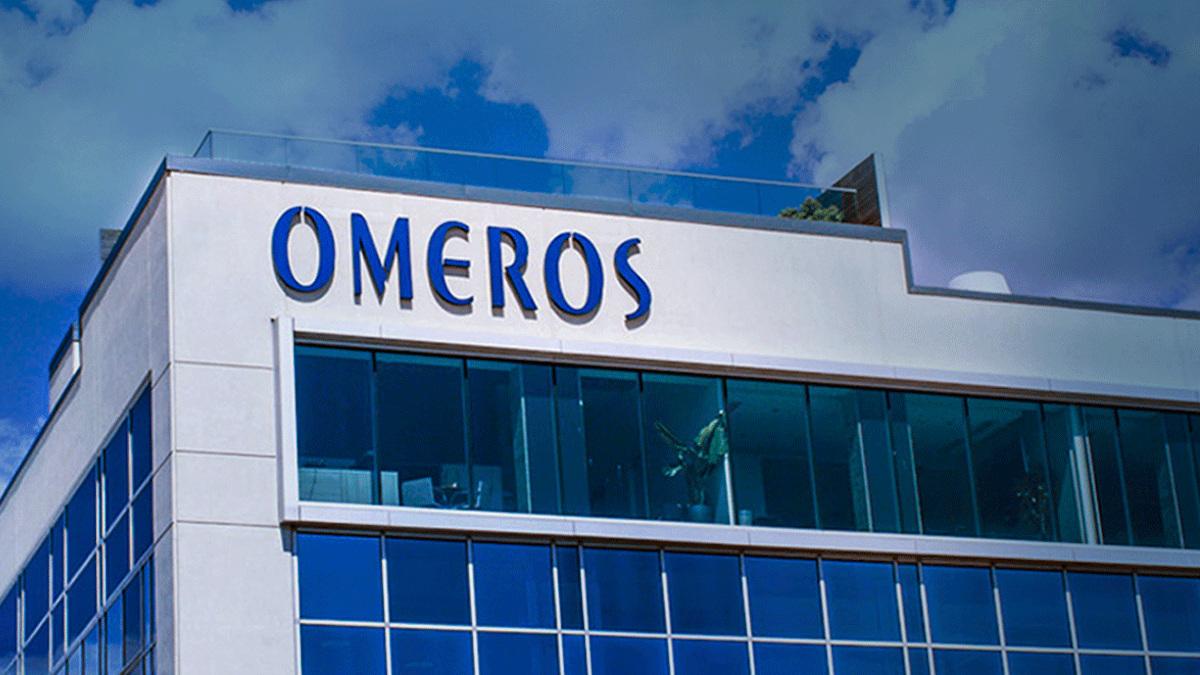Roche gets first world okay for PNH drug crovalimab

China has become the first country in the world to approve Roche’s anti-complement C5 antibody crovalimab, the only treatment for the rare disorder paroxysmal nocturnal haemoglobinuria (PNH) that can be given by subcutaneous injection.
Anti-complement C5 antibody crovalimab was developed using technology from Japan’s Chugai, which is majority-owned by Roche and announced the approval – and can be administered at home once every four weeks. Roche has rights to the drug in all markets outside Japan and Taiwan.
Crovalimab is expected to mount a challenge to current PNH therapies that have to be administered intravenously in a clinical centre, including AstraZeneca’s Soliris (eculizumab), which is dosed every two weeks, and longer-acting Ultomiris (ravulizumab) which needs an infusion every eight weeks.
AZ said in its fourth-quarter update published this morning that Soliris sales slipped 16% to $3.15 billion in 2023, while Ultomiris grew more than 50% to $2.97 billion. Both products are used to treat indications other than PNH, which only affects around 20,000 people worldwide.
China’s National Medical Products Administration (NMPA) has been cleared for the treatment of adults and adolescents aged 12 years and above with PNH who have not been previously treated with complement inhibitors.
While a typical antibody can bind to an antigen only once, crovalimab has been engineered to bind to the antigen repeatedly, providing sustained complement inhibition at a low dose, said Chugai.
The approval is based on the results of the single-arm COMMODORE-3 trial, carried out within China, along with the comparative COMMODORE-2 study, which showed that crovalimab was as effective as Soliris at controlling the destruction of red blood cells (haemolysis) that characterises PNH, whilst also reducing the need for blood transfusions.
A supporting study called COMMODORE 1 also found that crovalimab was effective in people with PNH switching from Soliris and other approved C5 inhibitors to crovalimab.
Crovalimab has also been submitted for approval in the US, Europe and Japan, with regulatory decisions due in those markets in the coming months. Roche hasn’t put a figure on its sales expectations for the drug, which is also being developed for other diseases, including atypical haemolytic uraemic syndrome (aHUS), sickle cell disease, and lupus nephritis.
Additional competition in PNH will come from Novartis’ recently approved oral therapy Fabhalta (iptacopan), a targeted factor B inhibitor that in trials was shown to be more effective than Soliris and Ultomiris in patients still experiencing residual anaemia despite treatment with the anti-C5 drugs.
Analysts at Jefferies have previously said that Fabhalta could hit $3.6 billion in peak annual sales if approved across multiple indications.
Another recent market entrant is AZ's oral Factor D inhibitor Voydeya (danicopan), approved in Japan last month as an add-on to C5 inhibitor therapy.













